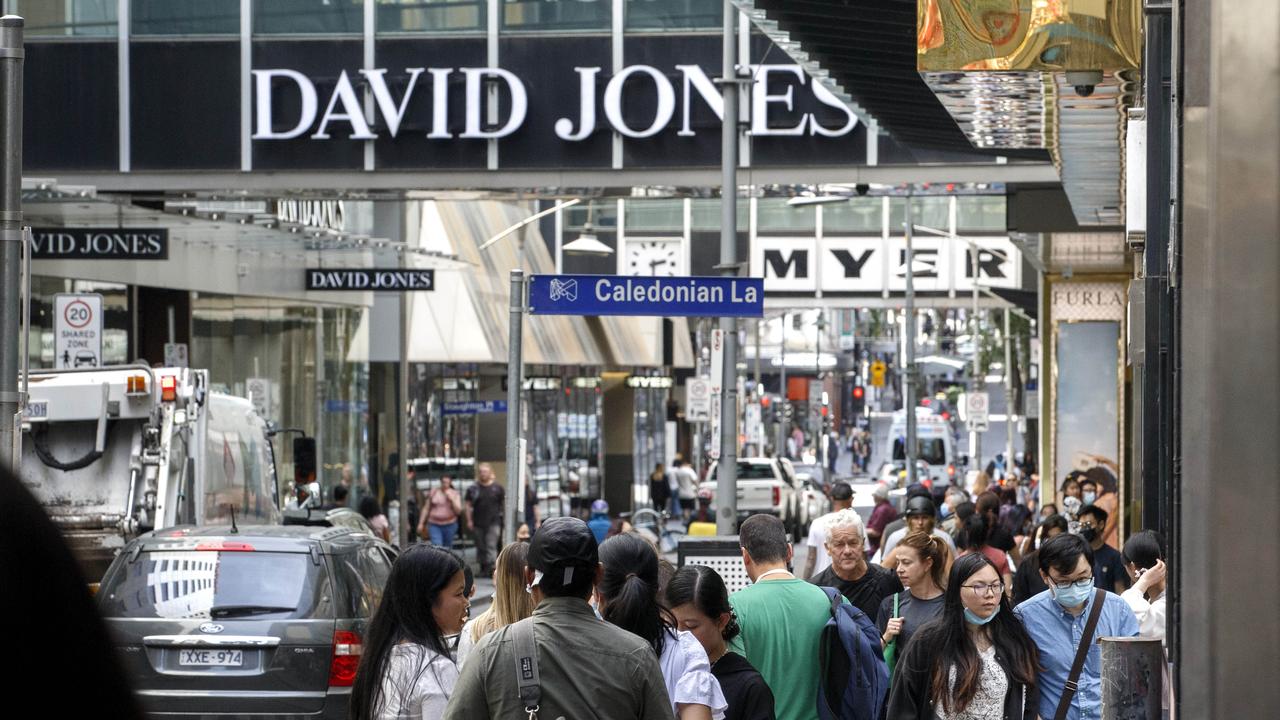An Australian tech company sacked around 10 per cent of its staff despite announcing its revenue had jumped by 40 per cent to $109.7 million in the past financial year.
The Brisbane-based telecommunications and IT infrastructure company called Megaport revealed that a whopping $1.6 million was spent paying out employees who had been made redundant.
Around 35 staff members – out of its 345 estimated workforce on LinkedIn – were impacted by the cuts.
“On July 14 2022, management made the decision to reduce its workforce in order to reduce costs and prepare for rising prices and inflation across the group’s key markets,” Megaport revealed in its report to investors.
Its revenue had grown from $78.3 million from the previous financial year, its results showed, while its monthly recurring revenue soared by 43 per cent to $10.7 million in June, mainly as a result of new customers from the US.
Stream more business news live & on demand with Flash. 25+ news channels in 1 place. New to Flash? Try 1 month free. Offer ends October 31, 2022 >
The 10-year-old company, which was founded by multi-millionaire Bevan Slattery, is one of the many Aussie tech outfits that have suffered from a battering on the share market this year.
Its shares have plummeted by 53 per cent since the start of the year, but its results reported on Tuesday helped its stock rise by 9 per cent defying the broader trend of investors selling off loss making tech shares.
Megaport reported a full year net loss of $48.5 million down from $55 million the year earlier, while it increased customers from 2,285 to 2,643.
It currently has $82.5 million in cash, according to its report.
tech bloodbath
Aussie employees from the tech sector have suffered a brutal round of cuts in recent times, with Megaport’s staff the latest casualties.
An Australian social media start-up called Linktree that was recently valued at $1.78 billion is sacking 17 per cent of staff from its global operations, it revealed this week.
Immutable, an Australian crypto company valued at $3.5 billion was facing a fierce backlash last week after sacking 17 per cent of its staff from its gaming division, while continuing to “hire aggressively” after raising $280 million in funding in March.
Australian healthcare start-up Eucalptys that provides treatments for obesity, acne and erectile dysfunction fired up to 20 per cent of staff after an investment firm pulled its funding at the last minute.
Debt collection start-up Indebted sacked 40 of its employees just before the end of the financial year, despite its valuation soaring to more than $200 million, with most of the redundancies made across sales and marketing.
Then there was Australian buy now, pay later provider Brighte, that offers money for home improvements and solar power, which let go of 15 per cent of its staff in June, with roles primarily based on corporate and new product development.
Another buy now, pay later provider with offices in Sydney called BizPay made 30 per cent of its redundant workforce blaming market conditions for the huge cut to staffing in May.
Earlier this year, a start-up focused on the solar sector called 5B Solar, which boasts backing from former prime minister Malcolm Turnbull, also sacked 25 per cent of its staff after completing a capital raise that would inject $30 million into the business
.

